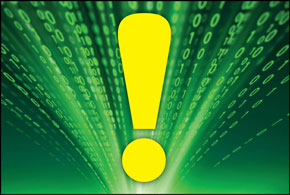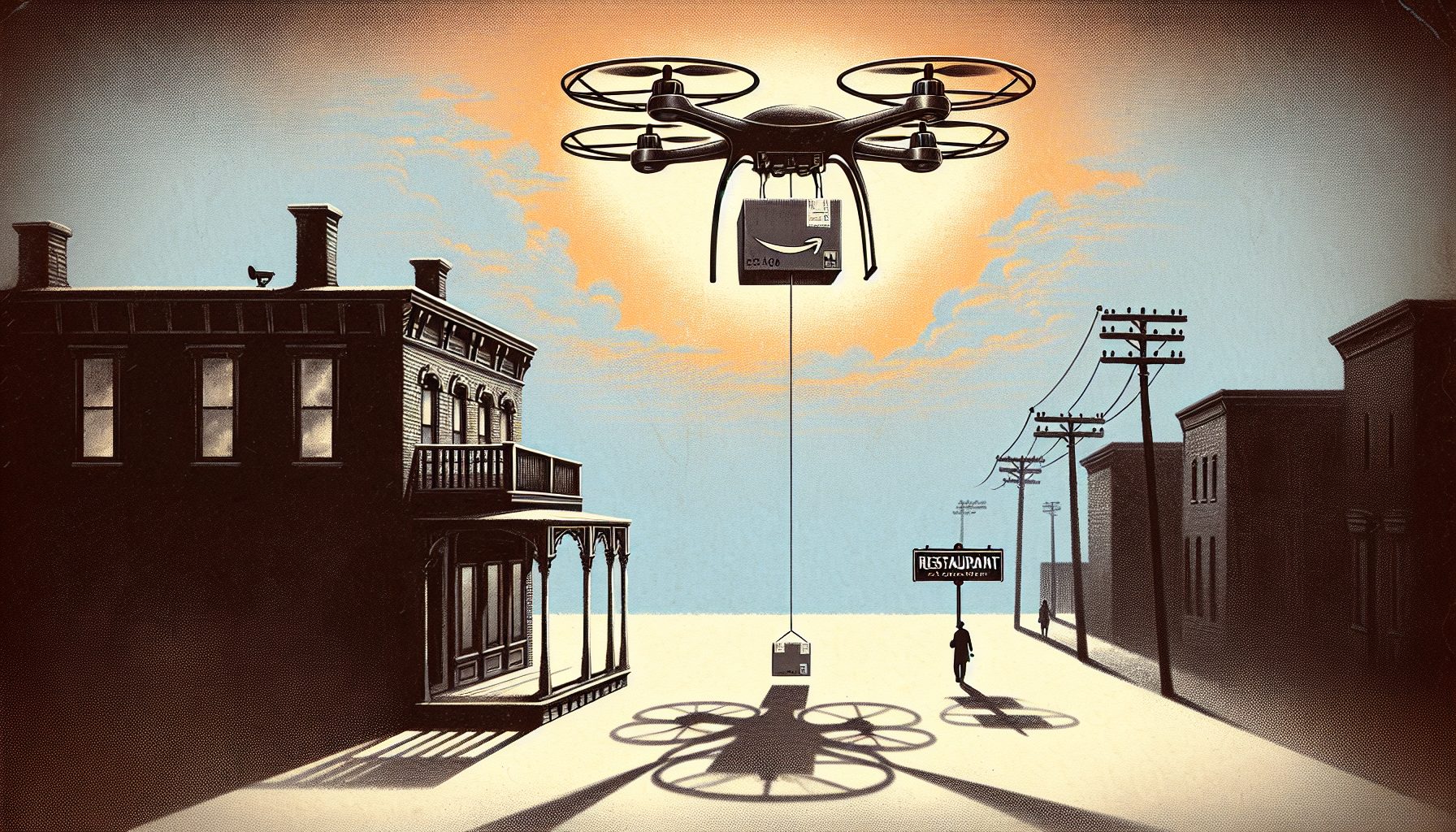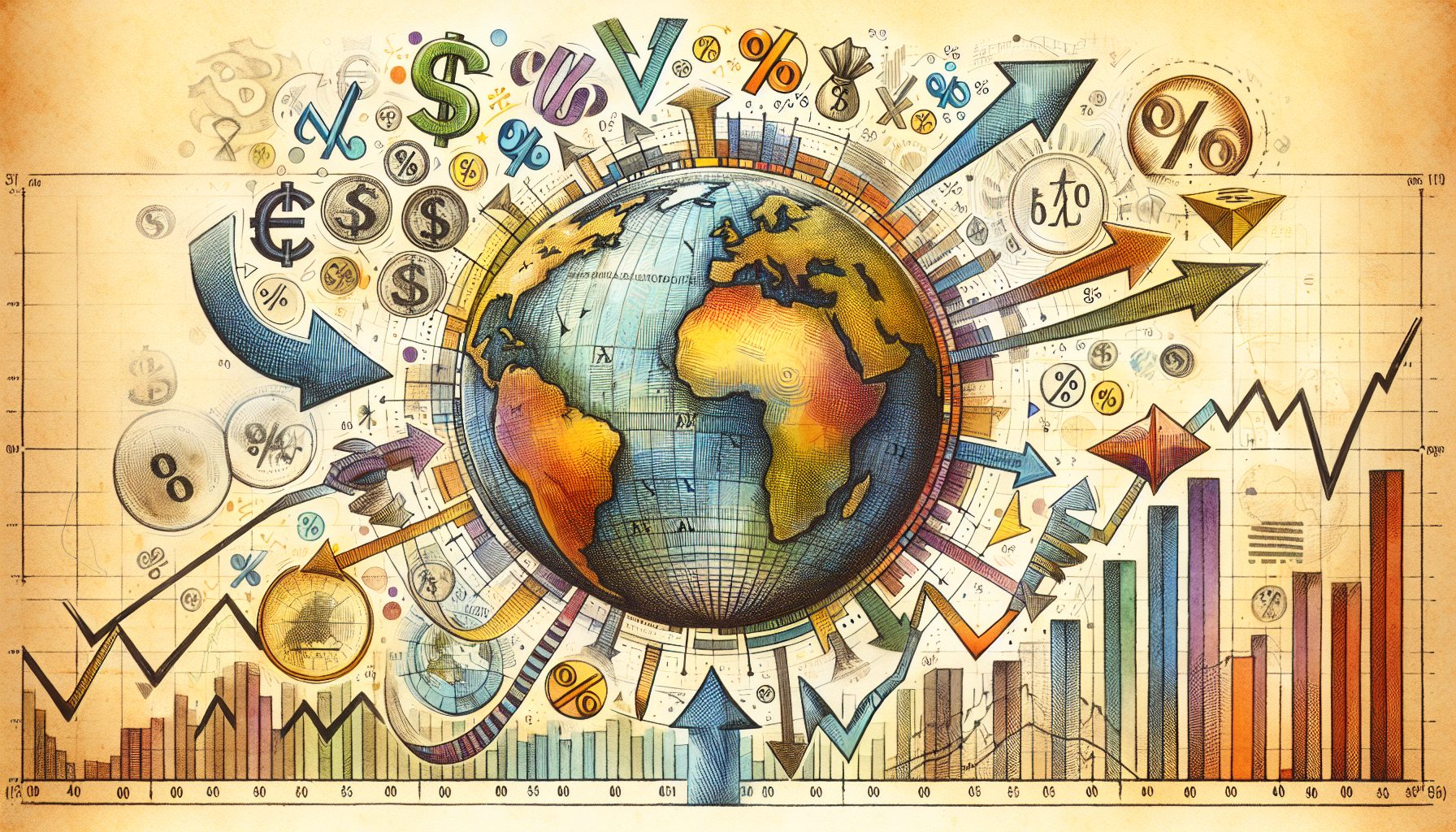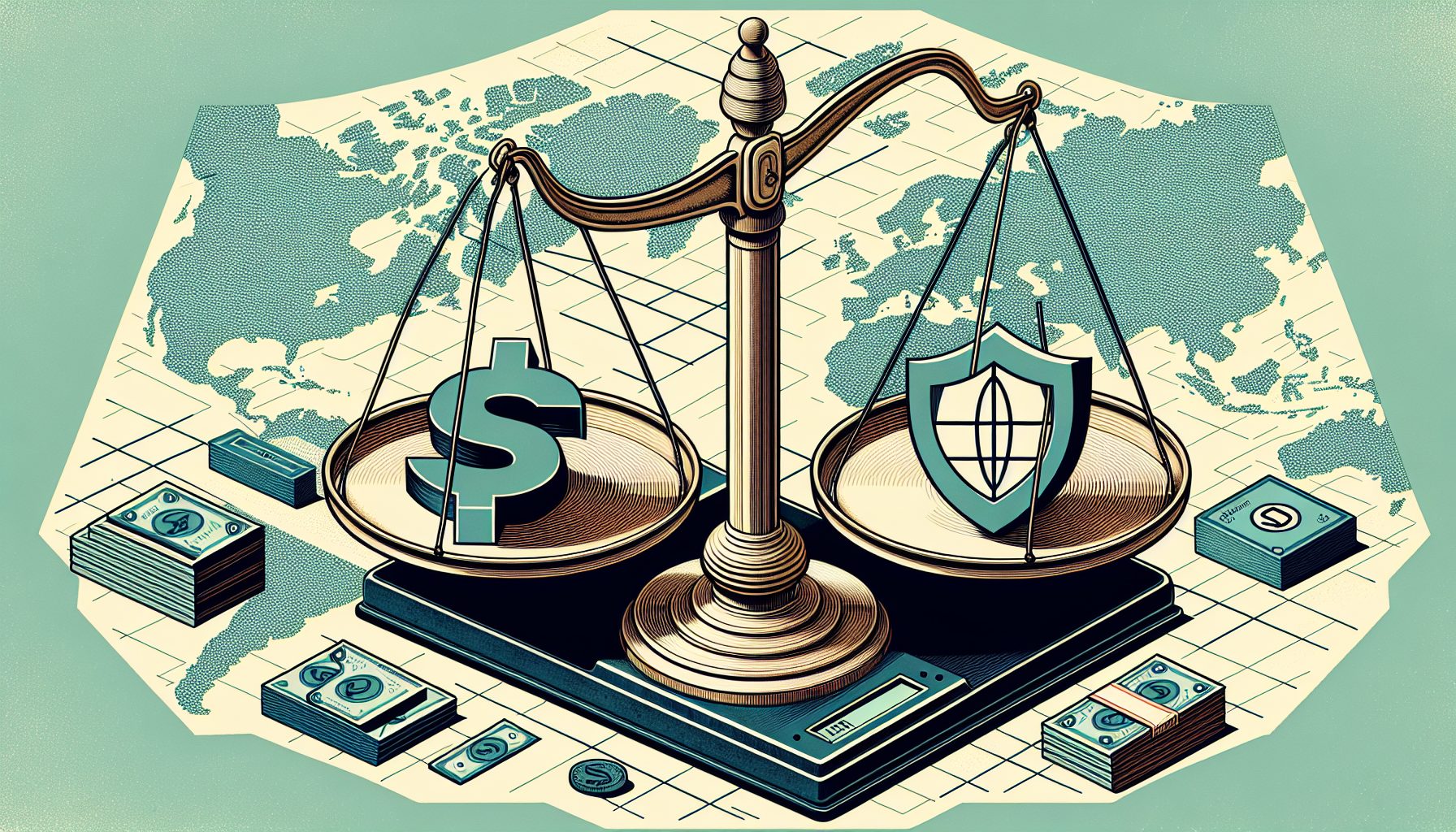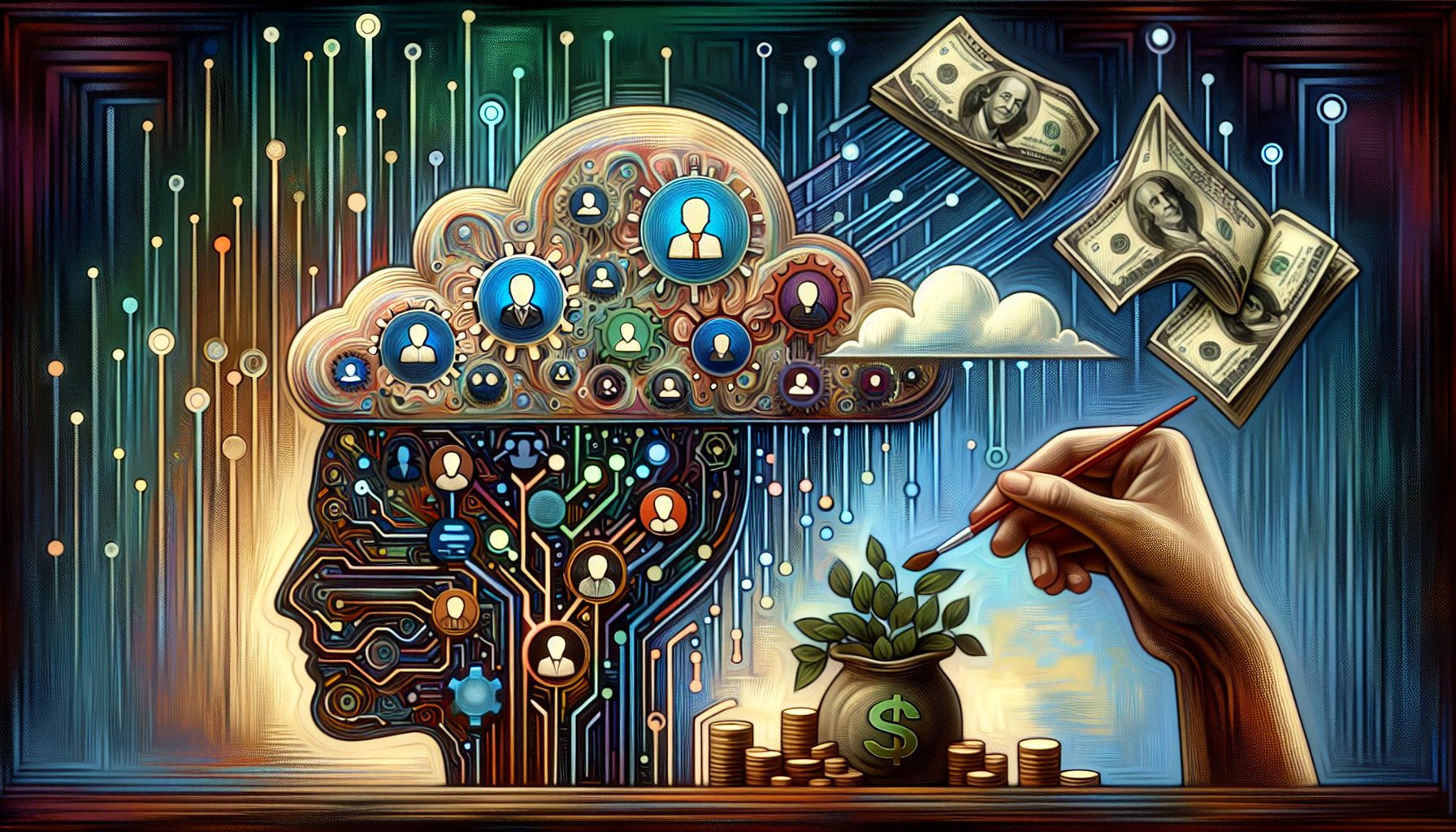Drugstore chain Duane Reade has just joined a growing number of other organizations—including Walmart, Safeway, Tesco, Macy’s and the NBA’s Golden State Warriors—that are testing or using iBeacons. The technology, which Apple introduced in 2013, uses Bluetooth Low Energy (BLE) to beam information, promotions and coupons to shoppers, visitors, fans and other individuals who have a compatible app installed on their iPhone or iPad.
iBeacons potentially redefine shopping. The ability to beam location-aware and context-aware offers to people could help retailers and other organizations transform today’s carpet-bombing marketing methods into a precision laser approach. If it works, everyone conceivably wins: Manufacturers and stores sell products, and consumers get discounts and deals.
Consider this: You’re cruising the breakfast cereal aisles of your local supermarket. You can’t decide between Special-K and Cheerios. The iBeacon system recognizes that you’re hovering, so it pushes a 75 cent coupon for Special-K your way. That seals the deal.
iBeacons can also be used to remind shoppers of items that are on a list, directing them to pre-ordered or pre-paid items; serving up additional info about an arena or ballpark; delivering e-tickets or selling discounted seat upgrades when a person arrives at the theater or arena; and sending in-store promotions or information based on a preference for shoes or fishing gear.
There’s no shortage of possibilities. What’s more, iBeacons are an open standard and are relatively inexpensive, though there are clearly development and other costs associated with using them. The Washington Post has gone so far as to say that “iBeacons could change the world forever.”
That prediction sounds a bit grandiose, though I’m all for cutting down on marketing clutter. But let’s not overlook the risks associated with the misuse of the data, particularly surrounding privacy.
Already, there’s the now famous case where Target identified a pregnant high school girl based on seemingly random items she had purchased. The retailer sent promotions for maternity clothing that tipped off her unknowing father. Oops.
Yes, things are getting a bit freaky. And the more automated and interconnected things become, the greater the potential there is for misuse and abuse.
Let’s hope that iBeacons and similar tools actually improve our lives, rather than offering another solution that creates new headaches and risks.

